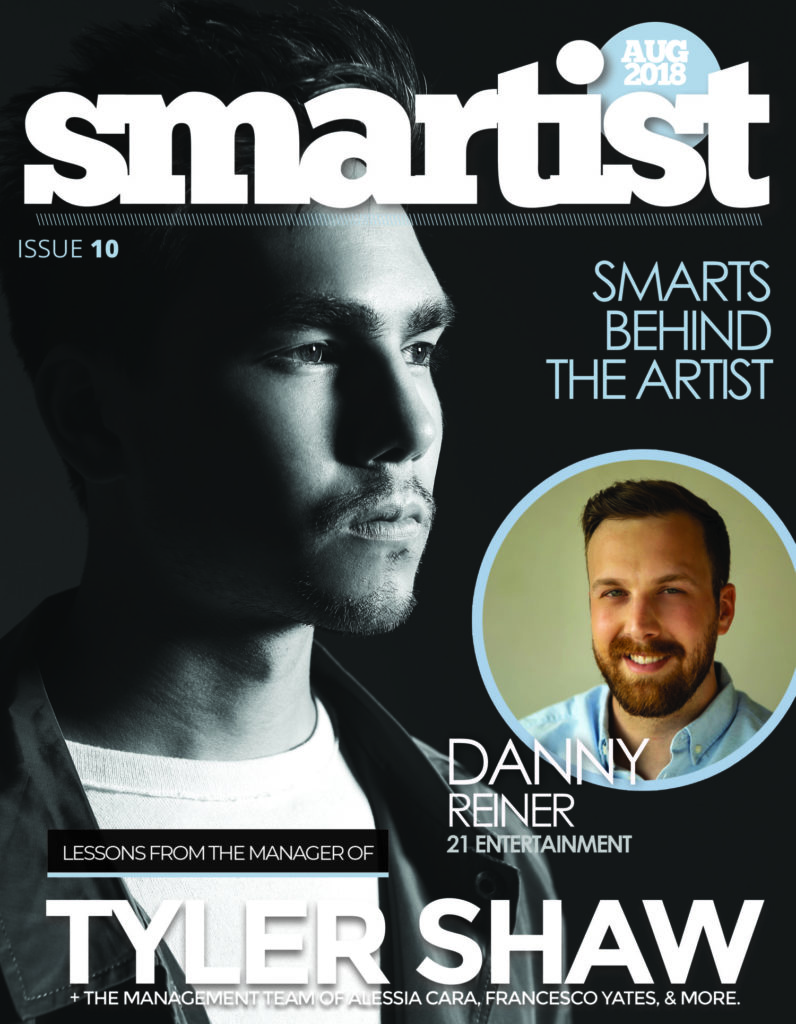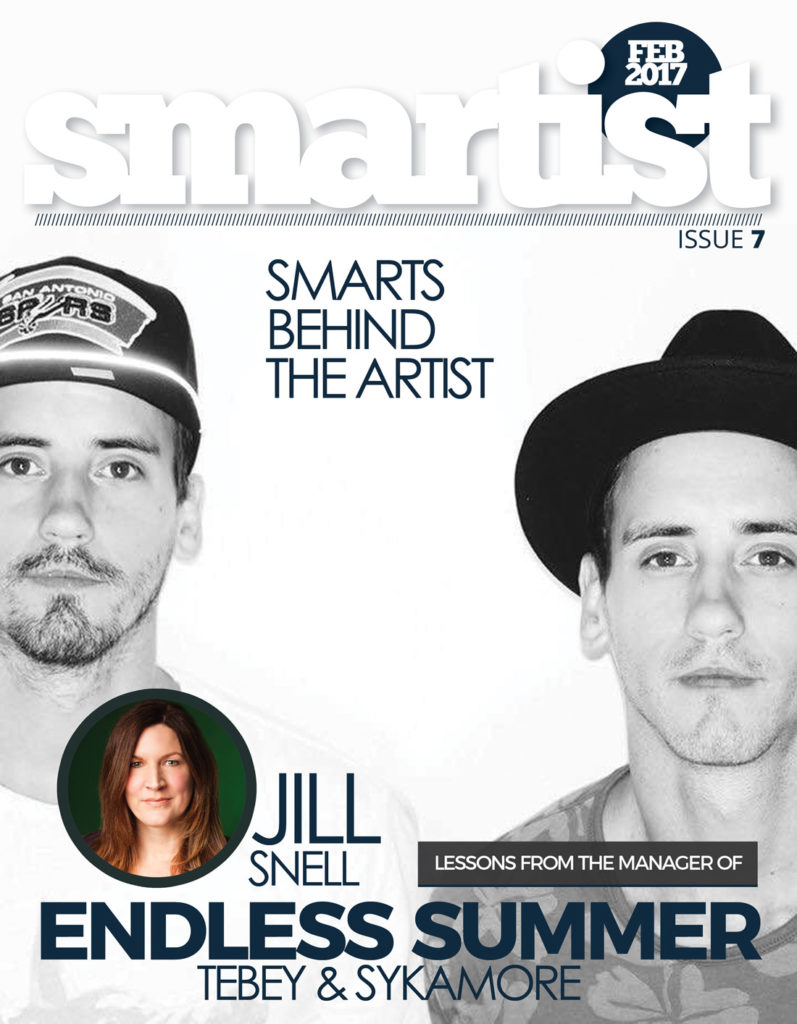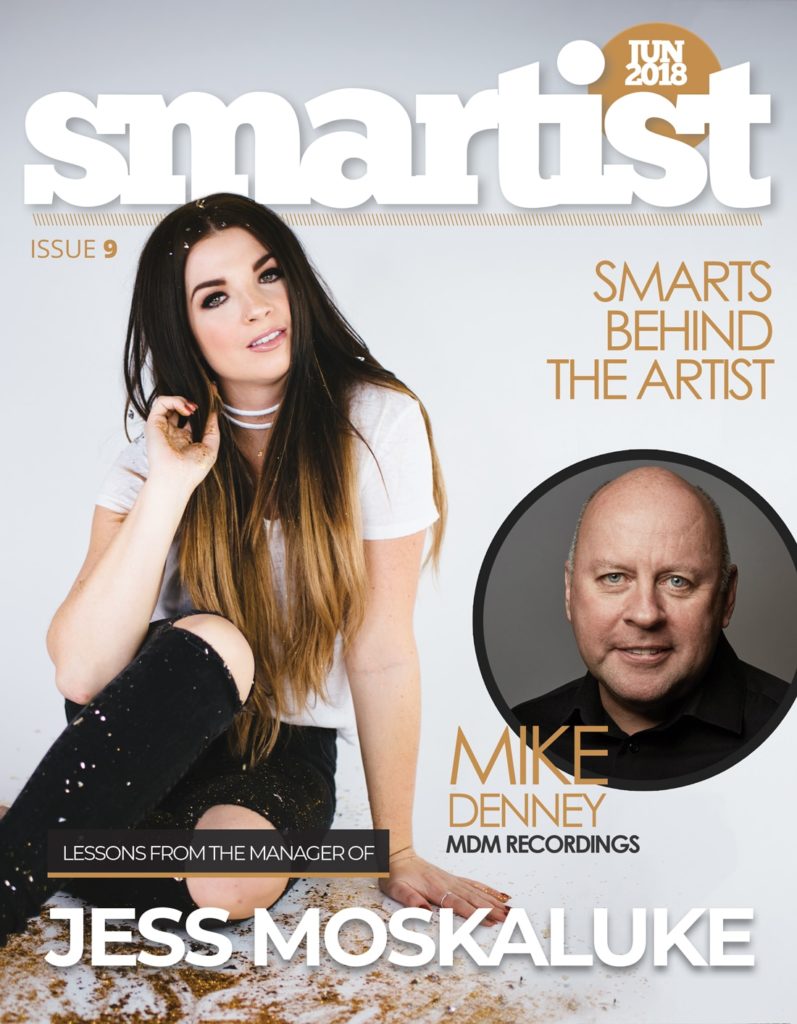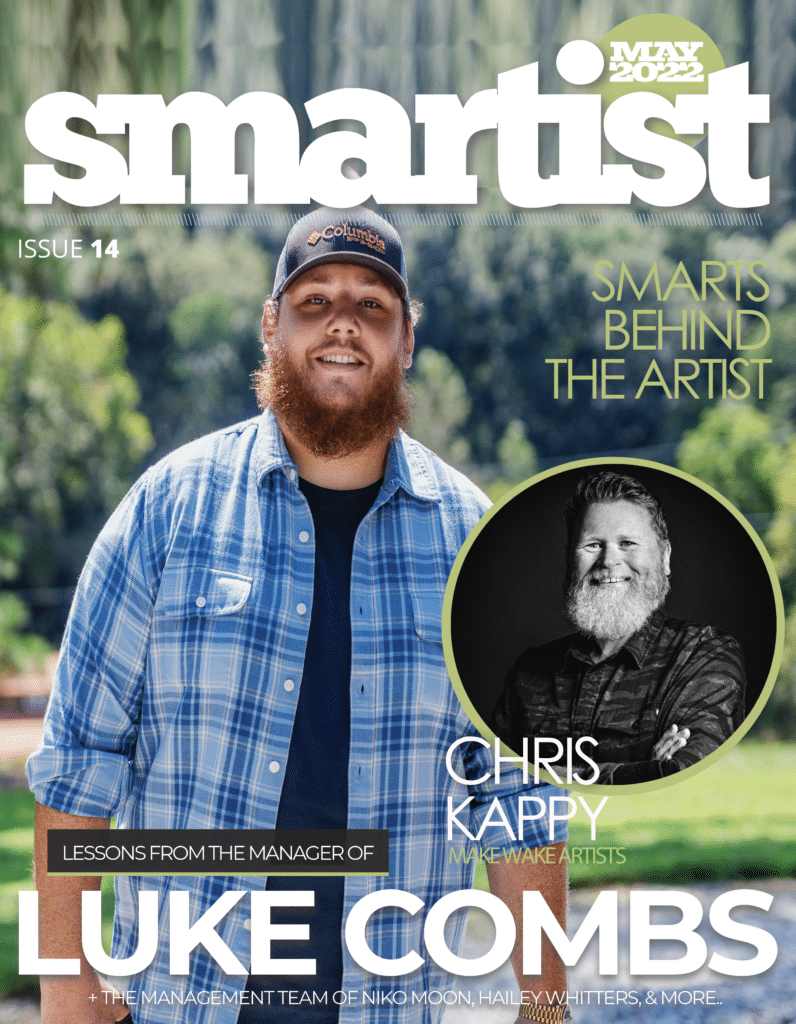All You Need to Know About Talent Buyers

All You Need to Know About Talent Buyers
Talent buyers include in-house venue bookers, festival buyers, special event buyers, and promoter’s/promotion companies. Sometimes, the promoters own the venues, sometimes they rent them. If you’re not dealing with a promoter, you’ll be looking to deal with the venue bookers or venue owners. For efficiency, let’s just refer to them all as Talent Buyers. Talent buyers select and secure artist performers at their venues, their festivals, or special events. As an independent manager or artist, you’re the one negotiating directly with the talent buyers. If you have an agent, they are the ones negotiating on your behalf. Talent buyers need to have their eyes and ears in tune with great live performance artists, and need to have a knack for creating one-of-a-kind experiences.
The Role of Talent Buyers
- In-depth knowledge of live music
- In-depth knowledge of the live music scene in their market
- Develop and manage budgets
- Attend festivals, showcases, concerts and other events to seek out new talent
- Passion for music and a wide range of genres
- Sift through and reply to hundreds of booking request emails per day
- Negotiate performance agreements and fees
- Listen to and watch music submissions
- Communicate event listings to audiences
- Execute the event
- Rents the venue (if it’s a promotion company that doesn’t own the venue)
- Negotiates contracts with venues and managers
- Hires performers
- Develops an audience
- Hires the production team (unless there isn’t much production required)
- Rents all production equipment (unless they own it or use in-house equipment)
- Secures liability insurance
- Pays performing rights fees to performing rights organizations
- Executes the concert
- Secures advertising
- Markets the show to their networks
Who Talent Buyers Work With
- Agents
- Managers
- Suppliers (sound, lights, ticketing, security, etc.)
- Venues
- Other buyers and promoters
- Marketing staff within the company
- Performers (musicians, bands, singers, DJ’s)
- Record labels
- Event planners and producers
- Venue owners and programmers
- Production crews
- Media outlets
- Publicists
Fees and Agreements
Buyers work on a project-by-project basis, whether it’s just for one show or for a certain tour or event. There are various types of agreements that buyers and promoters and managers agree on. A lot of venue buyers don’t use agreements and instead use their emails as confirmation.
There are cases where the artist is paid a guaranteed amount. Guaranteed fees are given when the buyer knows the act and is sure they will sell a certain number of tickets to cover their costs. Then there are cases where it’s strictly a door deal, where you split a percentage of the ticket sales with the buyer, and/or the other bands on the performance bill. There are also cases where there’s a guarantee as well as a door deal on top, where any money made above and beyond the guarantee amount (called an overage), is split between the buyer and the artist AFTER all expenses have been deducted. Buyers pay all of the upfront costs to put the show together such as the venue rental, lights, sound, labour, songwriter and performance rights fees, advertising, food services, insurance, and other miscellaneous costs. So when it comes time to split the profits after any minimum guarantees to the artist have been met, all of those expenses are deducted, and the remaining dollars go to the buyer and the artist. These splits can sometimes be 50/50 or 80/20 (80 to artist 20 to buy), or anything in between.
Additionally, there may be a profit split on artist merchandise. For an independent manager without a large merchandise company behind them, you’ll likely see an 80/20 split (80 to artist 20 to buyer), or 100% to the artist.
 How to Get Noticed and Do Business with Talent Buyers
How to Get Noticed and Do Business with Talent Buyers
I interviewed a handful of well respected talent buyers and promoters from the legendary Horseshoe Tavern in Toronto, The Carlton in Halifax, Stampede Entertainment, Live Nation Entertainment and more to provide you with information on exactly how to get booked by talent buyers. If you want to know…
-
How talent buyers decide to book an act
-
How to contact and pitch a talent buyer that you don’t already know
-
The difference between an artist or manager reaching out
-
How to advance the show
-
Negotiating the deal for venue shows
-
Talent buyers expectations of artists and managers
-
And a LONG list of extra advice directly from the talent buyers
You’ll want to check out The Music Business for Artist Managers & Self-Managed Artists: All You Need To Know To Get Started, Get Noticed, and Get Signed – an E-Book that includes 70 pages of insight from over 30 music business experts to help you move your careers forward.





Responses